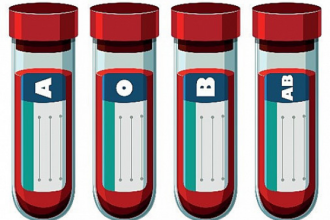10 Warning Signs of HIV/AIDS in Men That Should Not Be Ignored
Human Immunodeficiency Virus (HIV) continues to be a significant global health concern, particularly among men. Early detection of HIV symptoms is vital for timely treatment and preventing progression to Acquired Immunodeficiency Syndrome (AIDS). Here are ten warning signs in men that should not be overlooked:…...CONTINUE READING
1. Flu-like Symptoms
Within 2 to 4 weeks after exposure, many men experience symptoms resembling the flu, including fever, chills, sore throat, and muscle aches. These are indicative of the body’s initial response to HIV infection.
2. Swollen Lymph Nodes
Enlarged lymph nodes, especially in the neck, armpits, or groin, can be an early sign of HIV as the immune system responds to the virus.
3. Skin Rashes
Unexplained rashes, particularly on the trunk of the body, may occur during the early stages of HIV infection.
4. Mouth Ulcers
Painful sores or ulcers in the mouth can be an early indicator of HIV.
5. Night Sweats
Experiencing excessive sweating during sleep, unrelated to room temperature or physical activity, is a common symptom in the early stages of HIV.
6. Fatigue
Persistent and unexplained fatigue can result from the body’s ongoing battle against HIV.
7. Weight Loss
Significant, unintended weight loss may occur as HIV progresses, often accompanied by diarrhea and weakness.
8. Neurological Symptoms
HIV can affect the nervous system, leading to symptoms such as confusion, forgetfulness, depression, and difficulty walking.
9. Sexual Health Issues
Men with HIV may experience erectile dysfunction, decreased libido, or other sexual health problems due to hormonal imbalances or psychological factors.
10. Recurring Infections
Frequent infections, such as respiratory illnesses or skin infections, can indicate a weakened immune system caused by HIV.
Recognizing these symptoms early can lead to prompt testing and treatment, improving health outcomes and reducing the risk of transmission. If you or someone you know is experiencing these signs, consult a healthcare professional for appropriate testing and guidance.





